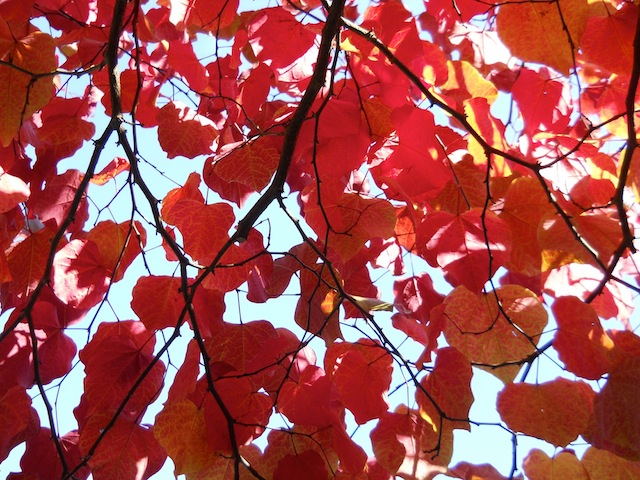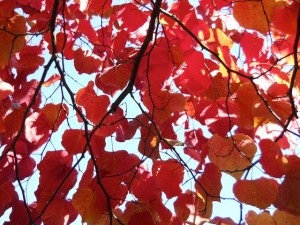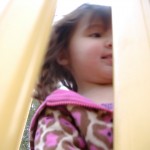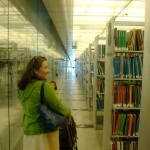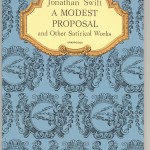“We just need to get to the ocean,” Josh said.
Really? I thought. As much as I love the ocean, I wasn’t sure if we should really go. We have two littles, after all. Even with each other, with rock-paper-scissors, drawing materials, and an Ipad for company, they can get impatient on road trips. Did I really want to drive for about three hours out to the coast just for one night on Thanksgiving weekend?
We hadn’t gone anywhere on a family vacation, getting-away-for-getting-away’s-sake in far too long, almost several years. Over the last few holidays, and over the last two summers we had promised ourselves a vacation, even a staycation. Things never quite worked out, and money was far too tight.
But we had to get away. It had been a month of waiting, layered on top of other months of waiting, layered on top of months of career transition. A couple of weeks ago we’d been waiting to hear about job news for me. When news came—not quite a simple yes, not quite a simple no—I had to rethink what uncertainty means, and what stability would mean.
*****
Despite my slight misgivings, the four of us piled into the car. I’m a terrible camper, because I want to take EVERYTHING with me. I packed ridiculous amounts of clothing and two grocery bags of snacks for the girls, for an overnight trip. We drove down the coast. On the way down we drove over long bridges, crossing wide rivers, and as we neared the coast, we caught glimpses of the ocean behind the hills. But then we got to the cottage, half a block from the beach. We knew we had to catch some time on the beach before it got too dark; the Northwest winter sunlight ends by 4:30. So we bundled up, and walked out to the sand.
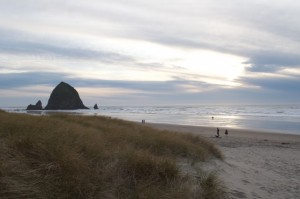 To our left, Haystack Rock reared its head. It was low tide. Part of the beach was so wet, it seemed to overflow with pieces of sky. The wind whipped around me, the horizon stretched into the distance. And, there, unexpectedly, were all those crucial times I’d spent near the ocean.
To our left, Haystack Rock reared its head. It was low tide. Part of the beach was so wet, it seemed to overflow with pieces of sky. The wind whipped around me, the horizon stretched into the distance. And, there, unexpectedly, were all those crucial times I’d spent near the ocean.
There were all those coastal road trips that Josh and I took to the Oregon Coast in grad school, before grad school. We’d been to Cannon Beach, and Manzanita, and Coos Bay: quick weekend trips, or even part of a week.
There was our honeymoon, where we drove back from Mill Valley and San Francisco to Seattle, up the coast. That week we saw more moods of the Pacific than I’d ever seen, from an optimistic turquoise to a stern cobalt grey.
There was the morning after we’d slept next to the ocean in a cabin. I woke up to the sun rising over a village where the Russian River meets the Pacific, in California. It wasn’t the sunlight that woke me up that morning; it was the reflection of the light on the water, as pink and as golden as the haze in a Maxfield Parrish painting. I looked over Josh’s shoulder, and saw that glorious light.
Why was I surprised that the beach would insistently tug the memories right out of me? It was the power of the waves: pounding slowly in, pancaking towards you, and foaming away. It was the sharp wind, clear and cold in so much open space. And this surprised me: it was the sound of the ocean that I’d missed the most. Oh, we have polite wavelets in Puget Sound. But nothing like these waves.
And it was the pull of the horizon—it stretched so far away, I couldn’t really see where it ended.
*****
Back at the beach cottage, the little girls were simply thrilled to be somewhere else for the night. They squealed their way through each bedroom, opened each kitchen cabinet, and climbed onto the mountainous easy chair multiple times. The toddler, who loves putting things away, happily unpacked her clothes into a dresser and began work on my overnight case. I laid on the couch, as relaxed as cooked spaghetti. By nightfall I had a book in one hand, a toddler sitting on my stomach and the other curled up next to my legs. We were all in front of the fireplace, content as kittens. Josh had gone grocery shopping and was making us something with pasta in the kitchenette.
Lying there with the girls, my memory traveled still farther back. In seventh grade I visited Mendocino with my GATE class. For part of the trip we sat near the ocean in near-silence, and wrote about what we were hearing and seeing. There I wrote some of my first prose poems. It was my first stream-of-consciousness writing, and words poured out of me almost faster than I could write. We also made lists of our favorite words, and had to read the first fifteen words out loud. (As steeped as I was in fantasy novels at the time, I remember that unfortunately the word “darkling” made it onto my list.) But I remember a certain small silence that fell over the group after I’d read my list out loud. I was so uncertain and so afraid of so many things, but even then I knew that I wanted to be a writer.
In our cottage, I left the bedroom window open before I went to sleep. And the ocean roared all night long.
(P.S. Photo credits here should go to my husband, Josh Parmenter. The batteries on my camera were out that day.)



